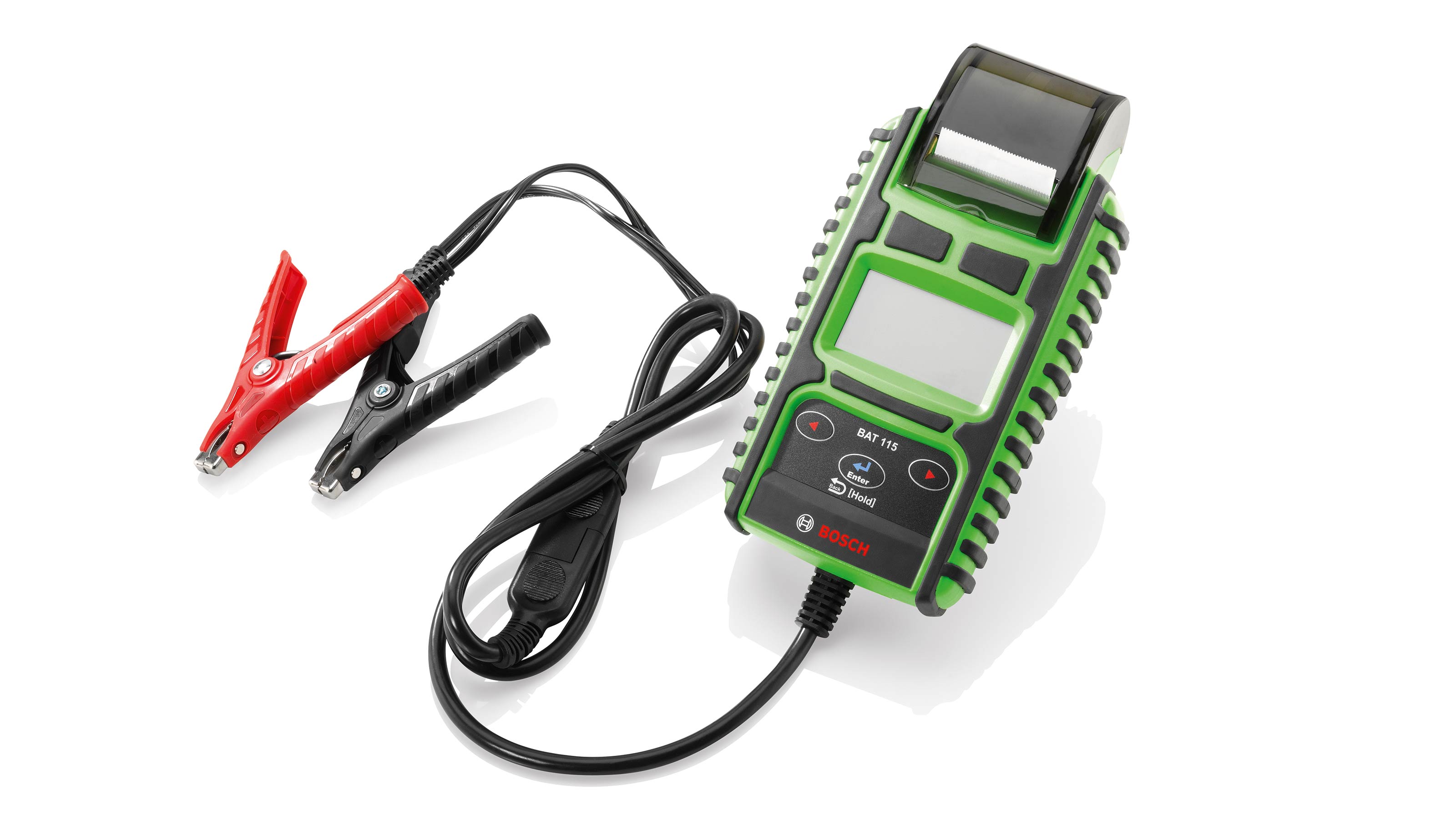
Battery test with receipt
Ksh500.0015 min
Muthithi road Hypermarket Westlands, Nairobi
The Importance of a regular battery check
Your car or van battery loses its charging capability over time – the average battery lasts less than 4 years
On cold, frosty mornings, a fully charged battery can lose power
If your vehicle has been left idle over weeks the battery is likely to lose its power
Battery check
A new car battery should be reliable for four years but less than half last that long, mainly because they aren't cared for. Not only does a lack of battery care cost money but is likely to leave you stranded when you can least afford it. If that weren't bad enough, running on a faulty battery places extra strain on your alternator, starter motor and other components. A battery emergency will probably knock out your stereo just for good measure.
Undiagnosed battery problems often cause money to be wasted by replacing other components. Competent testing will rule out other possible causes, like slipping fan belts, shorts and drains from open circuits.
Battery tests
Professionals will test your battery for you in just a few minutes. That doesn't mean it's a simple operation you could do at home with a voltmeter or emergency charger. We don't recommend that at all as most home chargers will damage the battery, and the current in them can kill.
The required tests are more sophisticated than a simple voltage reading. Even if the charge appears okay (between 12.66 and 12.77 volts is considered correct when the engine is off) you also need to know how voltage changes under different conditions, such as when cranking the ignition (ideally no lower than about 10 volts) and carrying a load while the engine is running (ideally steady between 13.7 and 14.7 volts at all engine speeds).
Skilled technicians also explore the capacitance (conductance) and resistance (impedance) of the battery. These are the factors that determine whether it can still perform in service. As batteries age, their resistance tends to rise and their capacitance falls, so they begin to lose charge more quickly and are harder to recharge. The durability of car batteries depends on them being kept fully charged, so when their charge begins to fluctuate decline accelerates.
When readings stray outside these optimal ranges, it takes a skilled technician to interpret the right moment to recommend replacement. For example, although it may sound close to normal, a reading under 11.89 volts in a fully charged and disconnected battery means it can no longer be relied on. However, your mechanic will even consider the weather when interpreting his readings, because on extra warm or cold days batteries behave differently.
Other checks
As well as electrical tests, a variety of manual examinations should be performed regularly. During a battery inspection an engineer will also check for corrosion, cracks, leaks, spills, dirt, frayed cable ends, stiff oxidised cabling, and loose bolts or brackets. In unsealed liquid filled batteries (lead-acid) the levels of electrolyte will be checked and a hydrometer used to check the acidity.
Remember too that changing a battery requires some care and skill. It's easy to fry the onboard computers of modern cars by error with the electrics. Always remove negative (black) electrodes first and replace last. Completing the job quickly will prevent your stereo system from needing a reset code.
